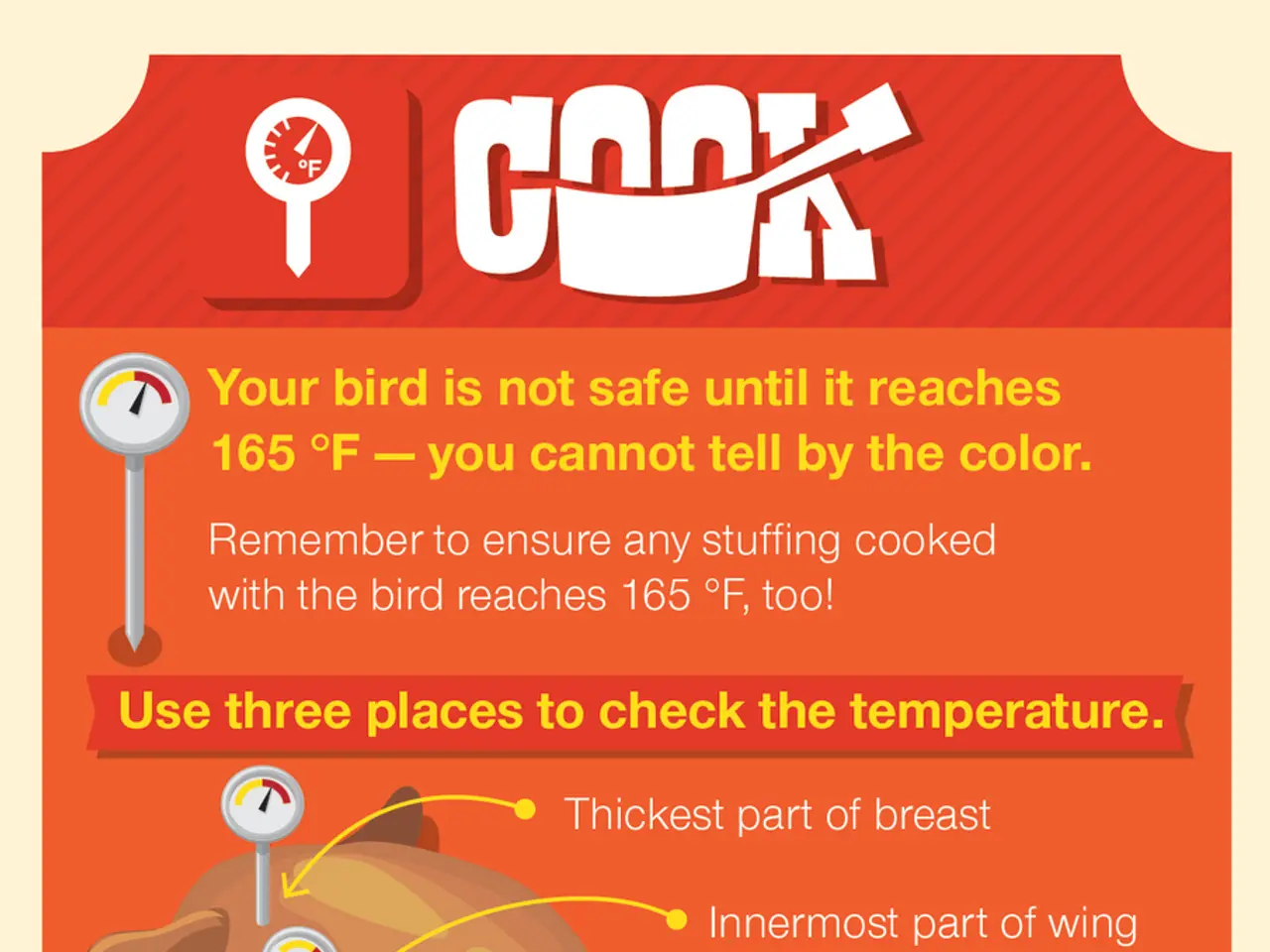Goose Roast Remains Expensive - Concern About Bird Flu - Avian Flu Outbreak Threatens Thuringia's Goose Slaughter Season
Both Thuringia and Saxony-Anhalt have imposed mandatory indoor housing for poultry due to a recent outbreak of highly pathogenic avian influenza. The disease has been confirmed among cranes at the Kelbra Reservoir and has spread to other bird species and poultry farms, raising concerns about the upcoming goose slaughtering season in Thuringia.
The outbreak has been detected in dead cranes and a cormorant in several districts, including Nordhausen, Sömmerda, and Unstrut-Hainich. Additionally, four poultry farms in the Greiz district have been affected, with roughly 1,500 birds impacted. Avian flu is highly contagious and often fatal for many bird and poultry species, posing a significant threat to local farmers.
One of the largest goose-breeding operations in Thuringia, Gönnataler Putenspezialitäten, is set to process around 10,000 birds for festive roasts in the run-up to Christmas. However, the outbreak has sparked concerns among Thuringia's goose farmers as the traditional slaughtering season begins. The goose season traditionally starts on November 1, peaking on St. Martin’s Day, with Christmas marking the second major sales period for producers. Despite rising production costs, geese raised for these occasions are selling at last year’s prices.
The Thuringian Animal Health Fund (Thüringer Tierseuchenkasse) will compensate farmers for any losses due to the outbreak. However, the spread of avian flu could still cause severe economic damage and threaten livelihoods if not contained. With only 15 to 20 percent of geese sold in Germany being domestically produced, the majority imported from countries like Hungary and Poland, the outbreak serves as a stark reminder of the importance of biosecurity measures in the poultry industry.




